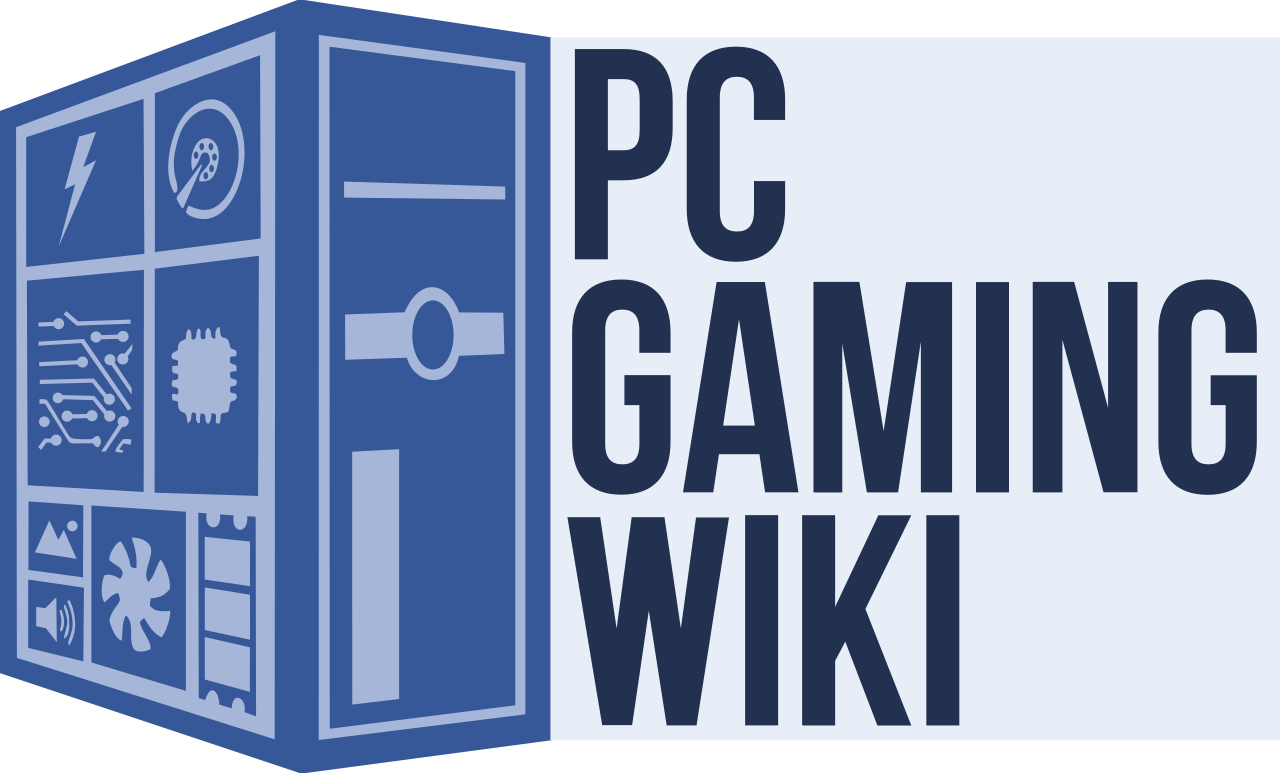A new project is tracking predatory microtransactions in games
The ambitious PCGamingWiki now includes sections for microtransactions in its game listings.

There’s a new category on PCGamingWiki now: Microtransactions. A post today by PCGamingWiki founder Andrew Tsai takes aim at microtransactions in games, adding that category of material to what the wiki covers. “Many PC gamers don’t have a clue what they are getting into before they install the latest ‘free-to-play’ game,” says Tsai’s post. He later continues, “These games could contain manipulative loot boxes, hopelessly unfair grinds, or game imbalancing pay-to-win unlocks.”
PCGamingWiki is a relatively neutral, facts-first resource that provides information to consumers centering around basics like hardware, software, and networking requirements. Unlike many other wikis it does not focus on the content of games, but rather the technical environment around them. The information is often consumer-focused, though, and places the spotlight on practices, like digital rights management (DRM) software, that can adversely affect the game experience. Tracking microtransactions is a move very much in line with the wiki’s mission.
The new categories of microtransactions the project seeks to track are gambling on loot boxes, cosmetics, unlocks, boosts, in-game currency, infinite cap transactions, and pay-to-skip mechanics. The wiki will now also track monetization categories such as ad-supported, free-to-play, or subscription.
Those interested in contributing to the project are encouraged, at least by this author, to go and read the announcement for details.
Keep up to date with the most important stories and the best deals, as picked by the PC Gamer team.
Jon Bolding is a games writer and critic with an extensive background in strategy games. When he's not on his PC, he can be found playing every tabletop game under the sun.

